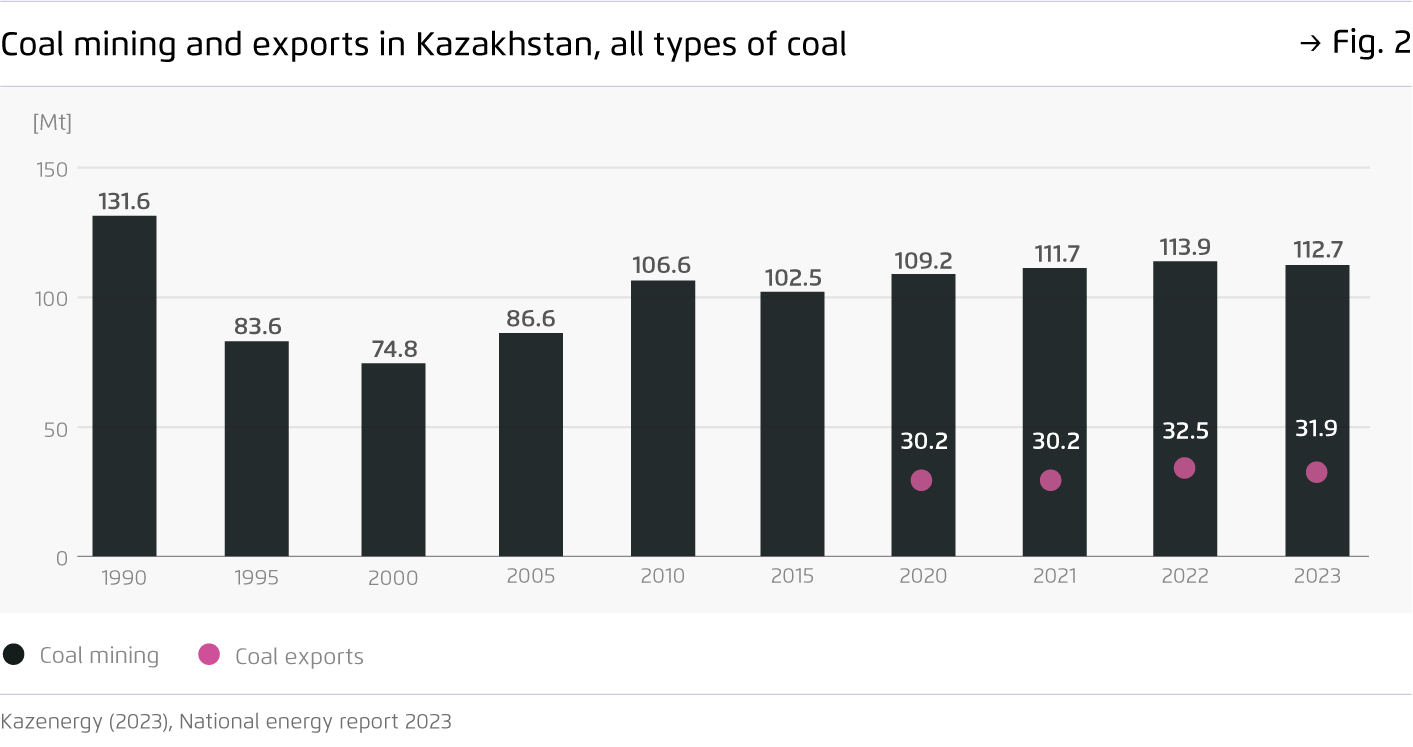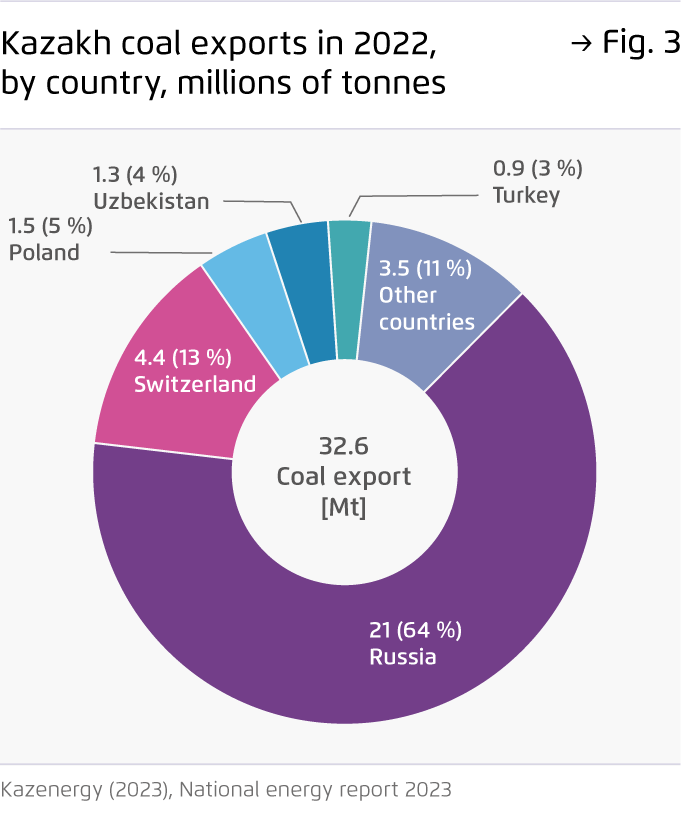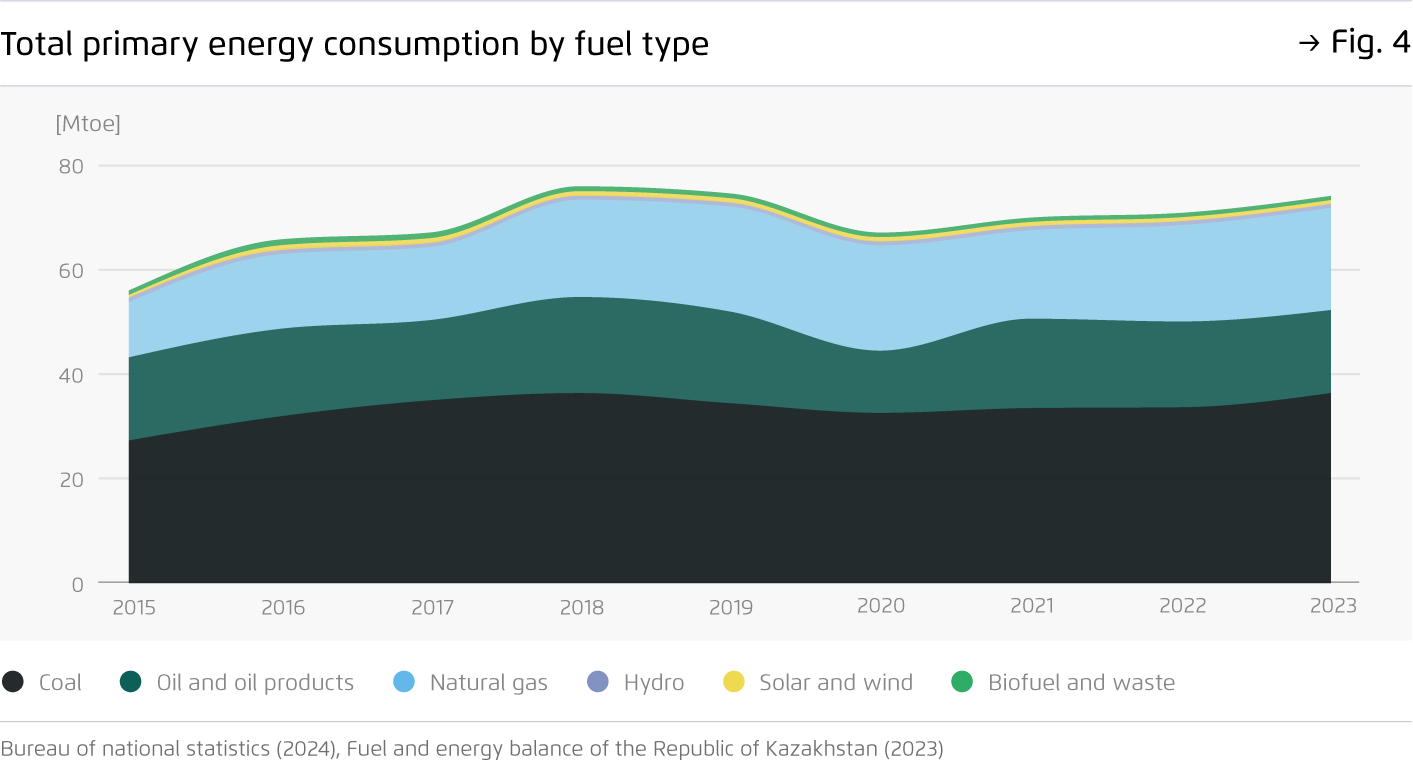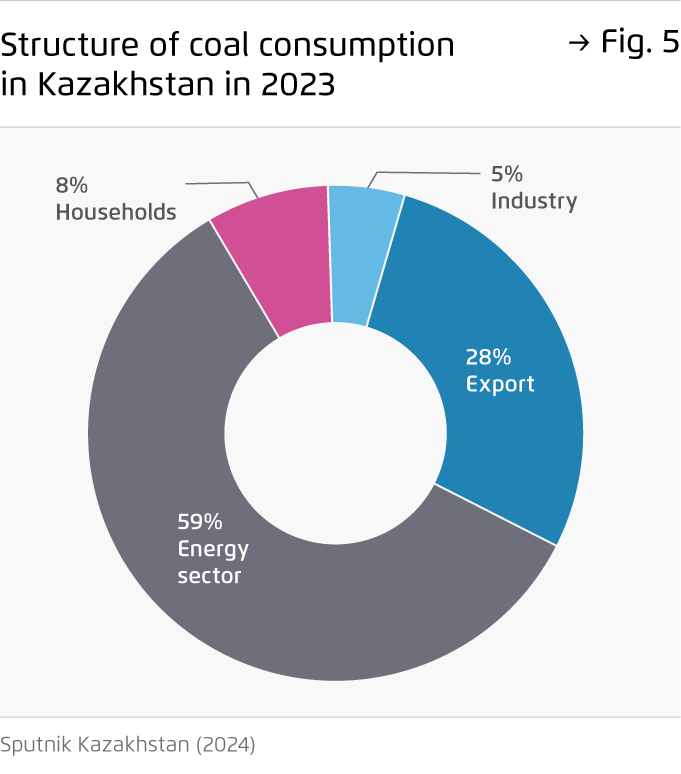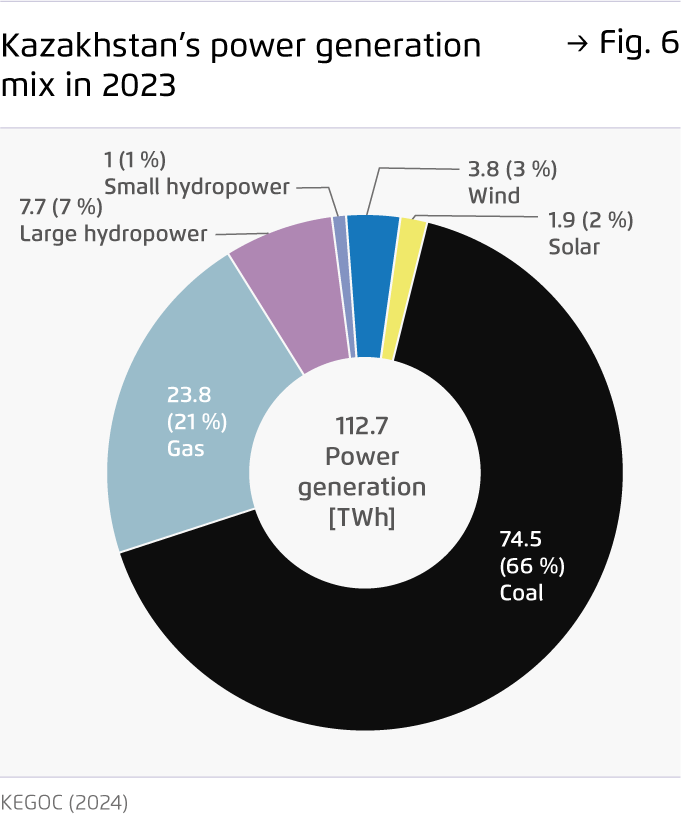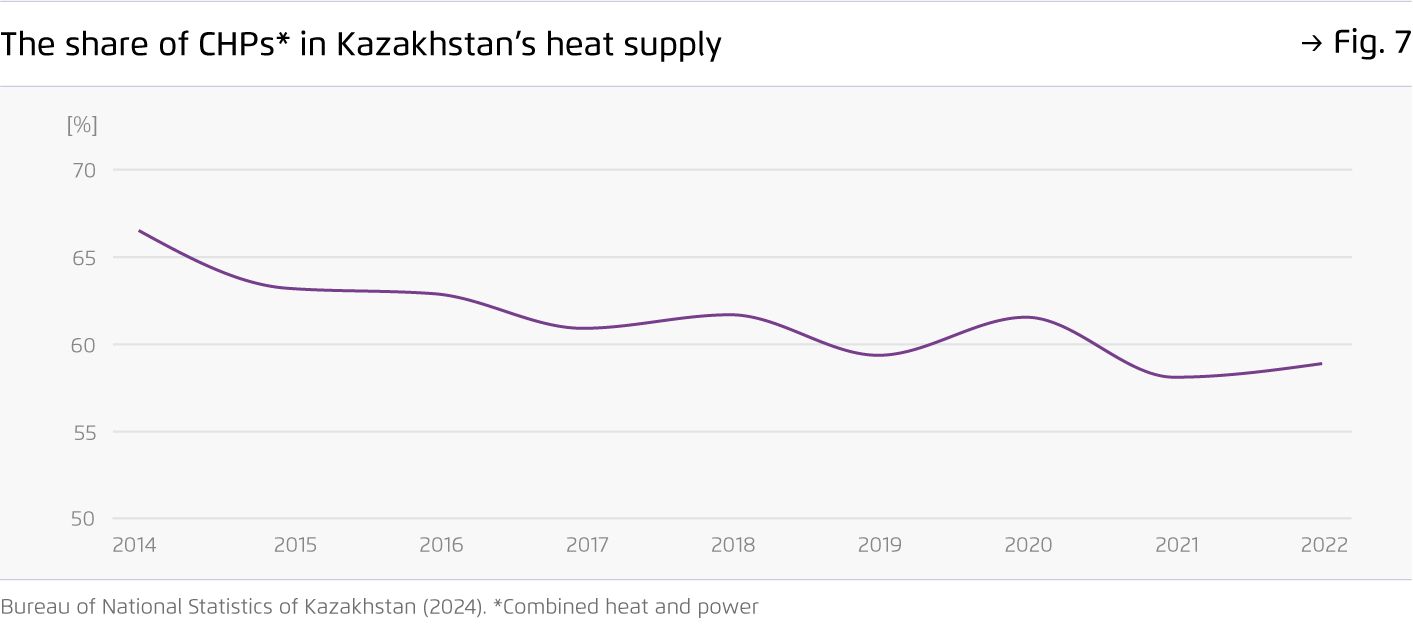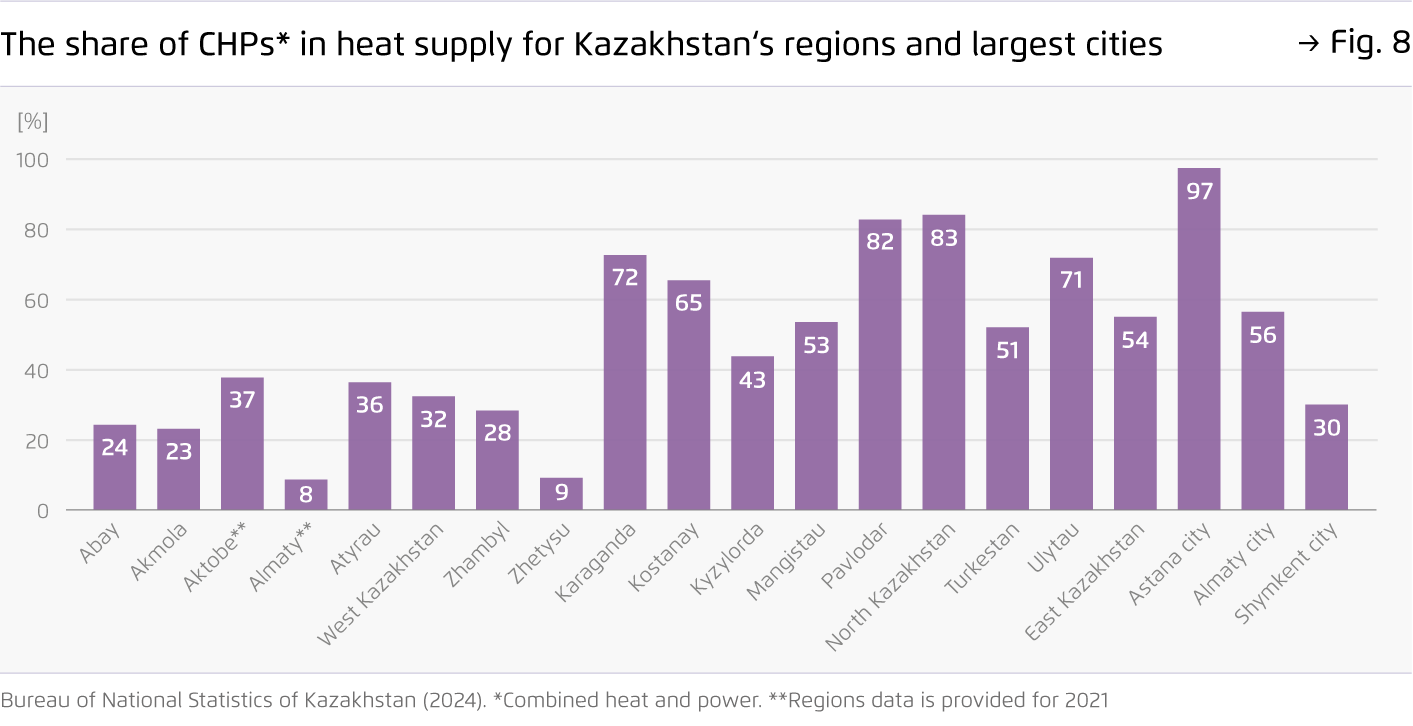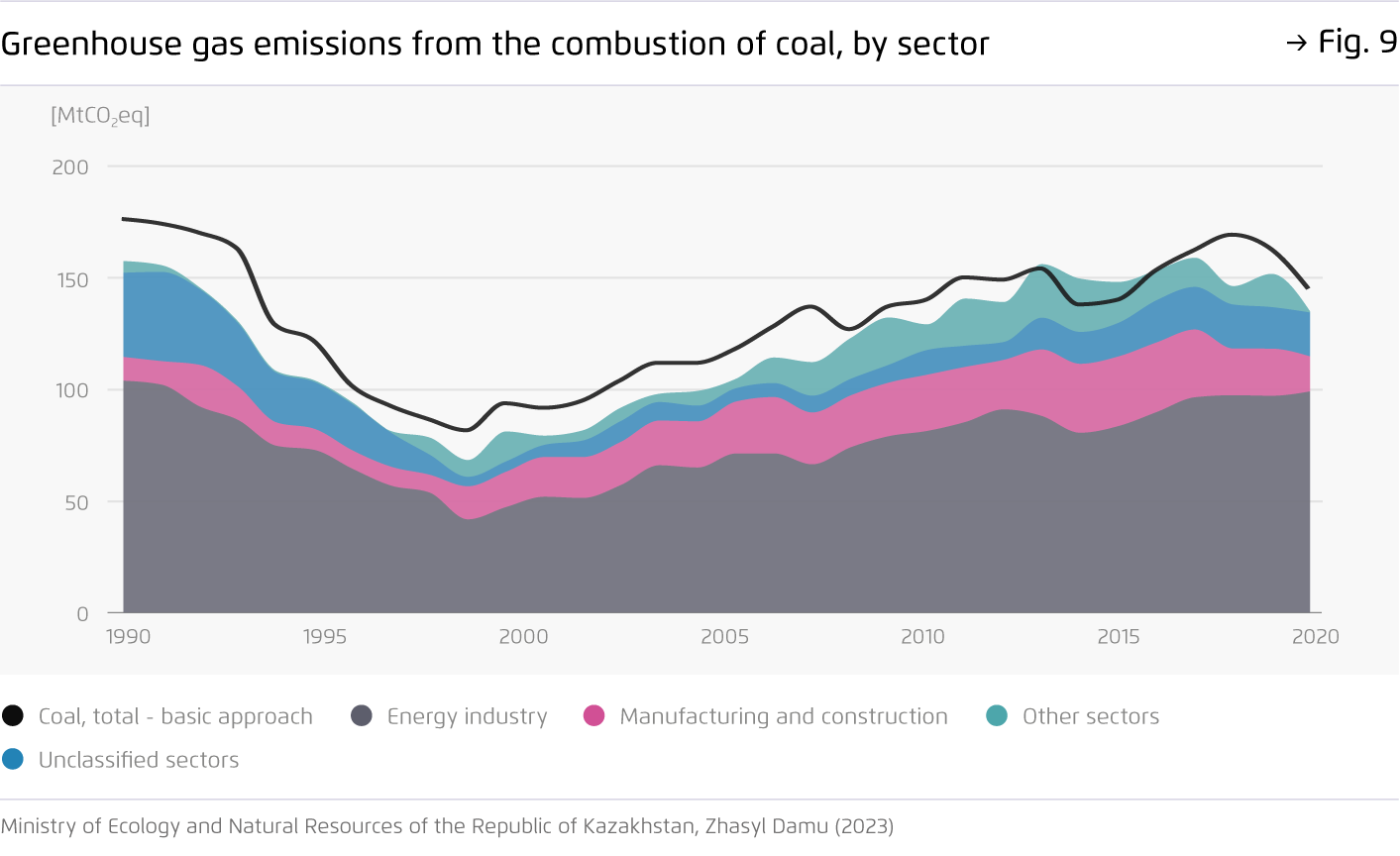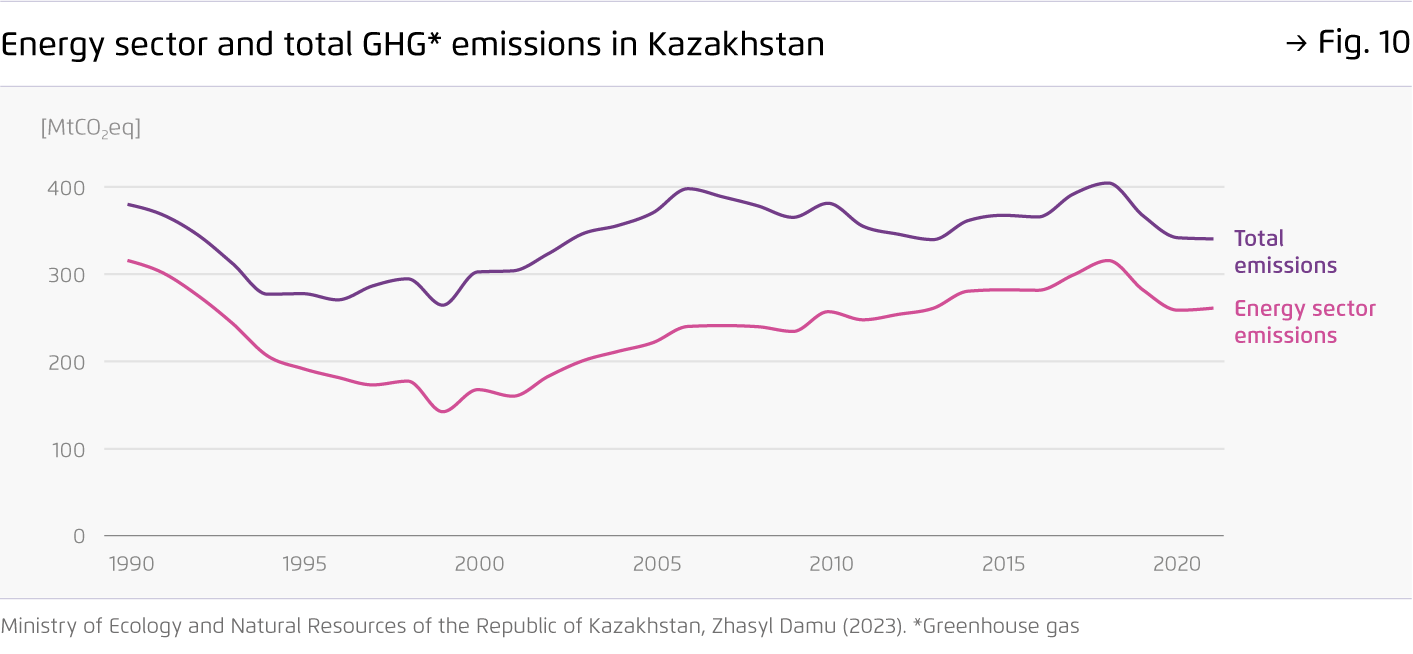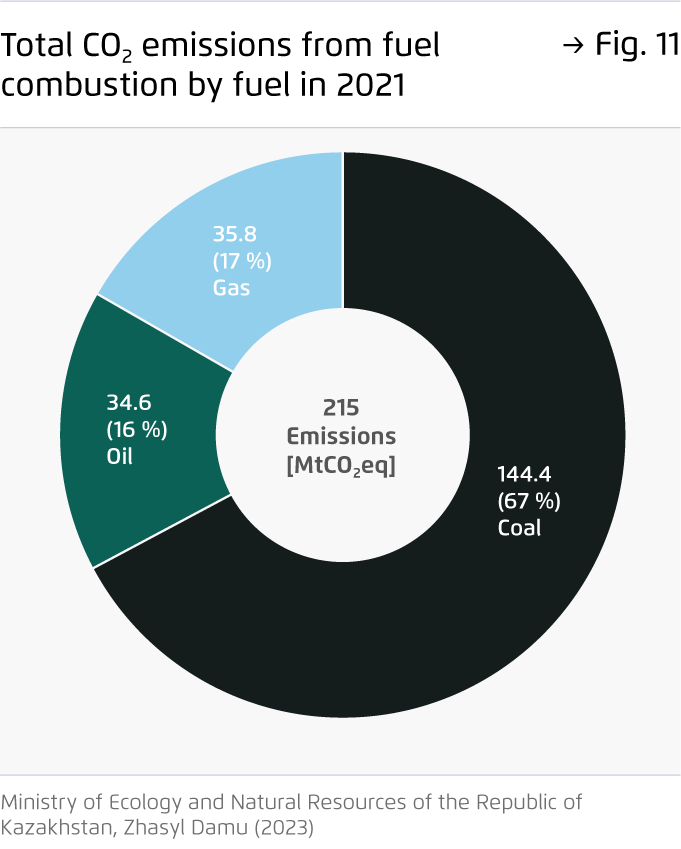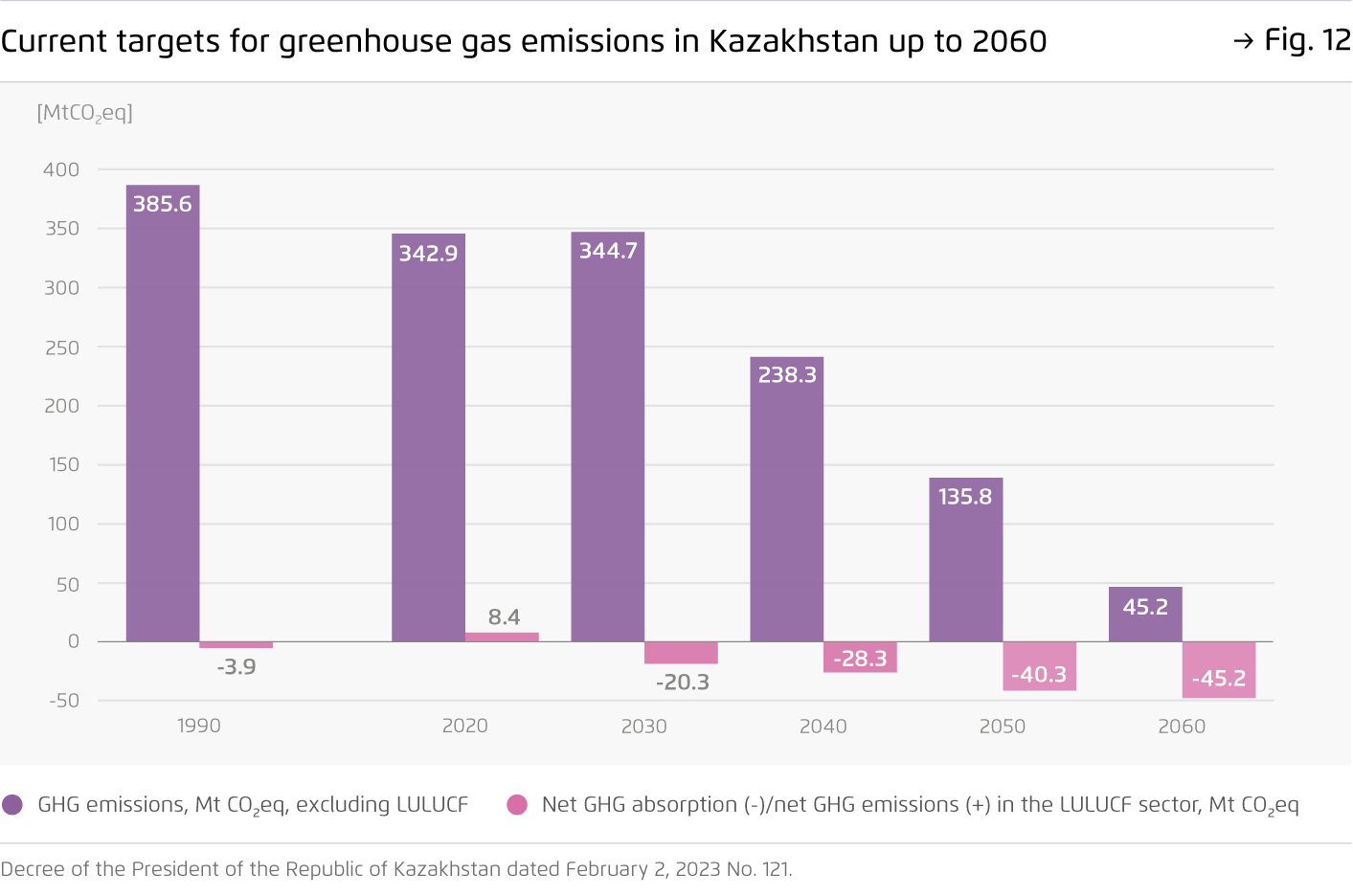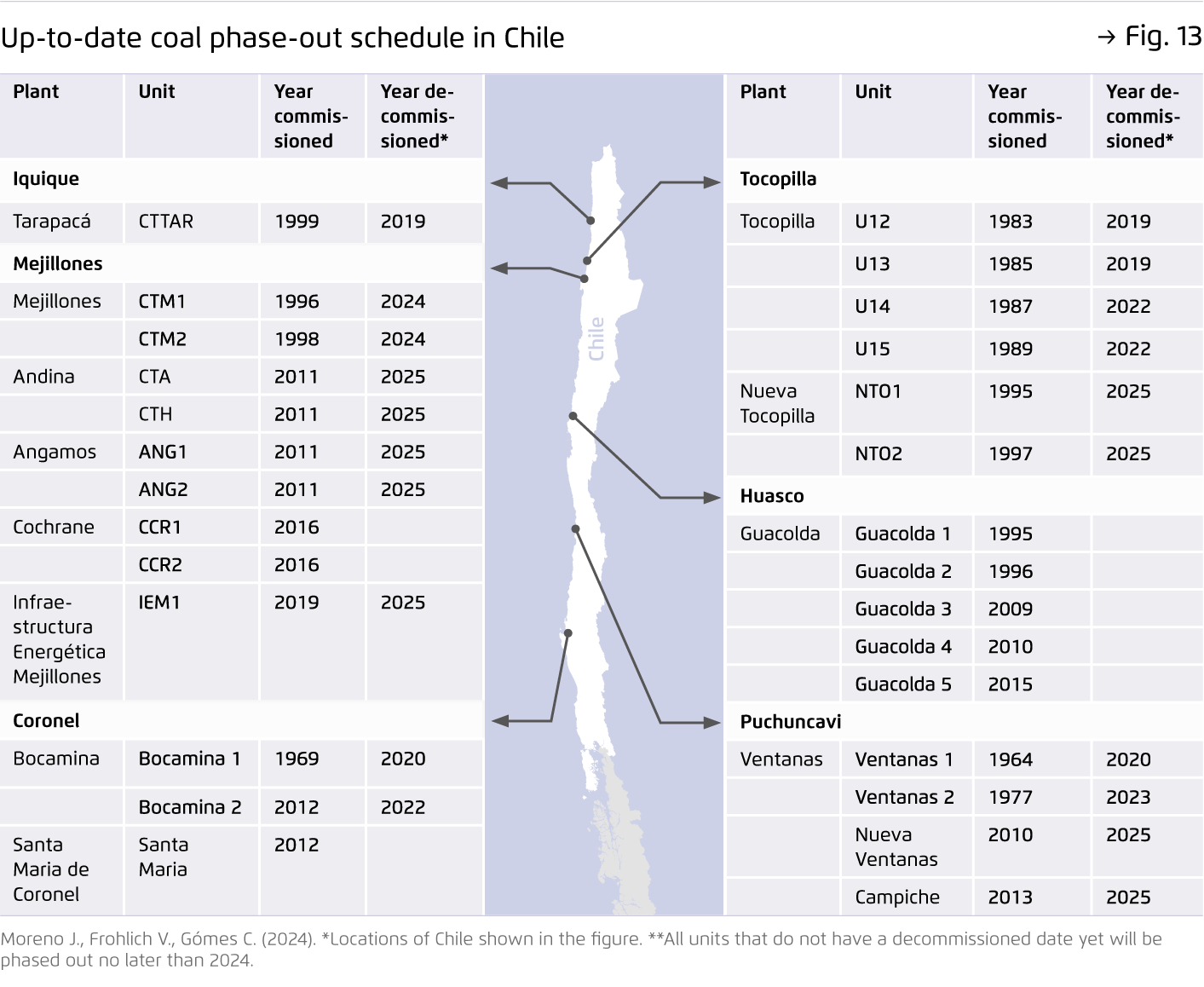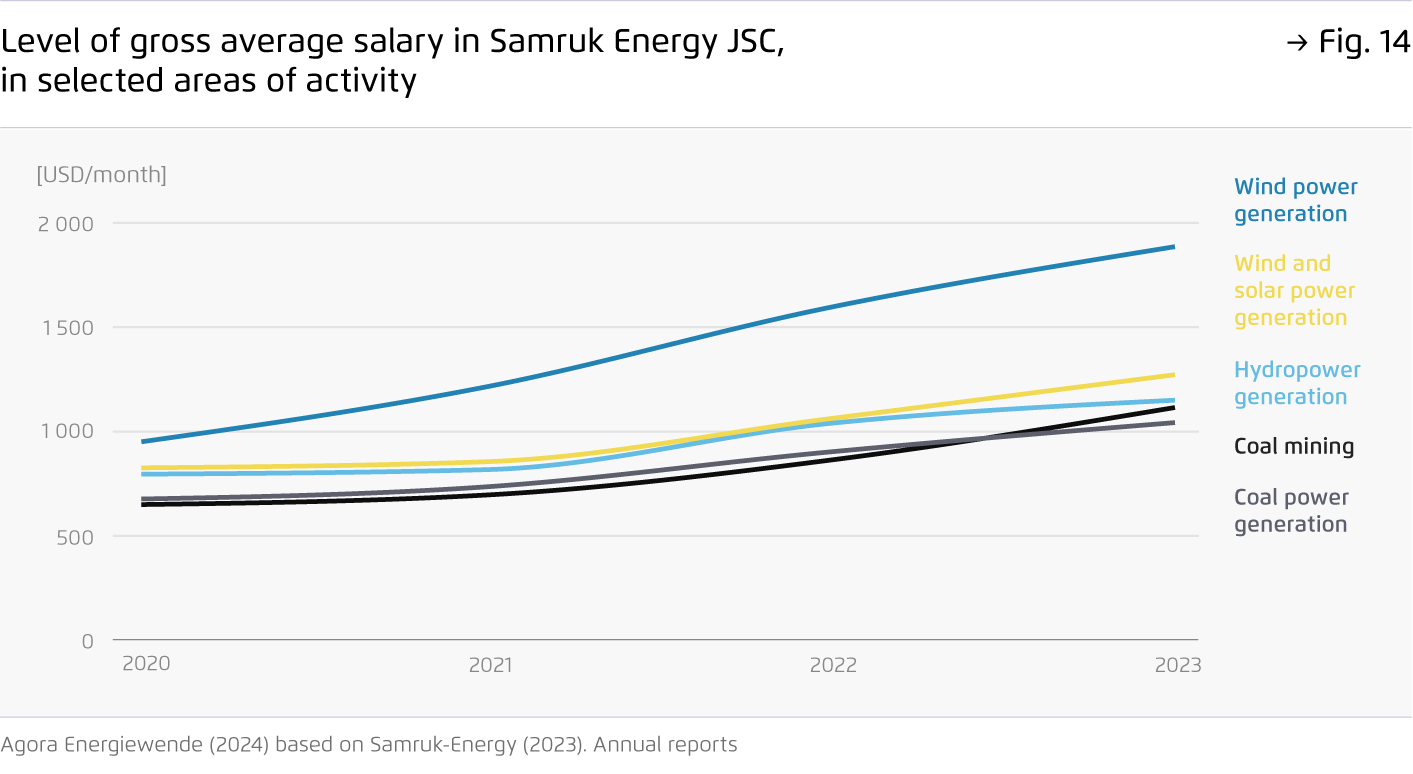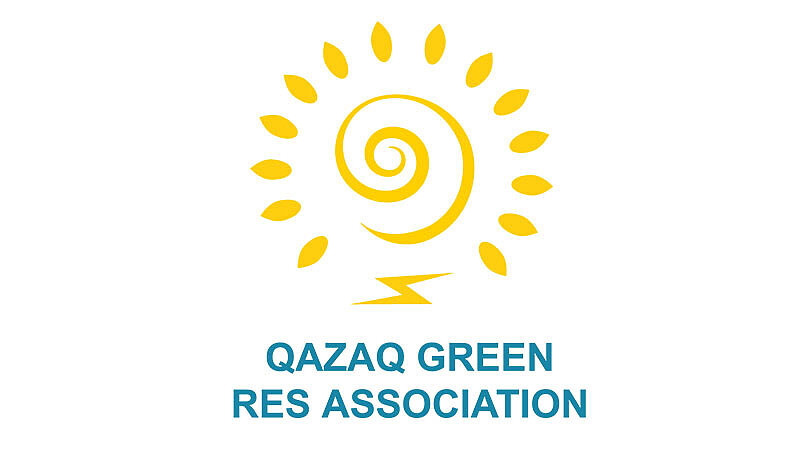-
Kazakhstan – one of the world’s most coal-dependent countries – lacks a concrete strategy to phase down coal despite its 2060 carbon neutrality target.
Coal currently provides 66 percent of electricity, 80 percent of residential heat and remains key to industy. Kazakhstan is also building over 4 GW of new coal capacity. Despite this, the government has taken steps towards renewables, with a small but growing share of solar and wind power.
-
Delaying coal phase-down to the 2040s, as outlined in Kazakhstan’s current carbon neutrality strategy, would result in significant social, economic and environmental challenges, particularly in coal-reliant regions.
The coal-fired power industry already struggles with aging equipment, accidents, personnel shortages and declining interest from younger workers. Promptly outlining a path away from coal towards renewables would help avoid costly reinvestments in fossil infrastructure.
-
Accelerating coal phase-down efforts would chart a more socially, economically and environmentally robust road for Kazakhstan.
While coal is still cheap and regionally important, transitioning to cleaner alternatives is an opportunity to modernise and diversify the economy. Forward-looking alternative economic activities include renewable energy generation, cleantech manufacturing such as solar PV panels, net-zero infrastructure development and building renovations.
-
Such a future for Kazakhstan is feasible and requires a comprehensive long-term coal phase-down strategy with broad stakeholder engagement.
Banning new coal power plants and a clear decommissioning timeline for existing ones are key to guide investment decisions. Reskilling coal workers and supporting their transition to future-proof jobs will garner social buy-in. Prioritising grid infrastructure improvements would allow for a swift increase in the share of variable renewables, tangibly contributing to Kazakhstan’s energy transition.
Enabling a just coal transition in Kazakhstan
Opportunities, challenges and strategic pathways

Preface
Historically, coal has driven Kazakhstan’s industrial development as its most available and affordable energy source. However, its continued use conflicts with the country’s 2060 carbon neutrality goal and the need to improve air quality and diversify the economy. Indeed, an industry exporting products with a high carbon footprint will increasingly lose competitiveness in a changing global energy landscape with limited space for coal.
As Kazakhstan charts its energy future, including via a widely reported referendum in October 2024 on constructing a nuclear power plant, this study explores challenges and opportunities in phasing down coal. Drawing on other countries’ experiences, it also examines the social and economic dimensions – and the notion of a just transition: minimising adverse impacts on coal-reliant regions, industries and workers.
The study analyses coal’s role in Kazakhstan, outlining key building blocks for reducing dependence on it. It highlights the importance of targeted policy interventions, financial mechanisms, international cooperation and broad stakeholder engagement to ensure a fair and effective transition. We hope this study serves as a valuable resource for informed decisions and building a future where clean energy powers both climate resilience and economic growth.
Key findings
Bibliographical data
Downloads
-
Impulse
pdf 3 MB
Enabling a just coal transition in Kazakhstan
Opportunities, challenges and strategic pathways
-
ИССЛЕДОВАНИЕ
pdf 4 MB
Обеспечение справедливого сокращения угольной генерации в Казахстане
Impulse in Russian
All figures in this publication
Coal basins and key production sites in Kazakhstan
Figure 1 from Enabling a just coal transition in Kazakhstan on page 8
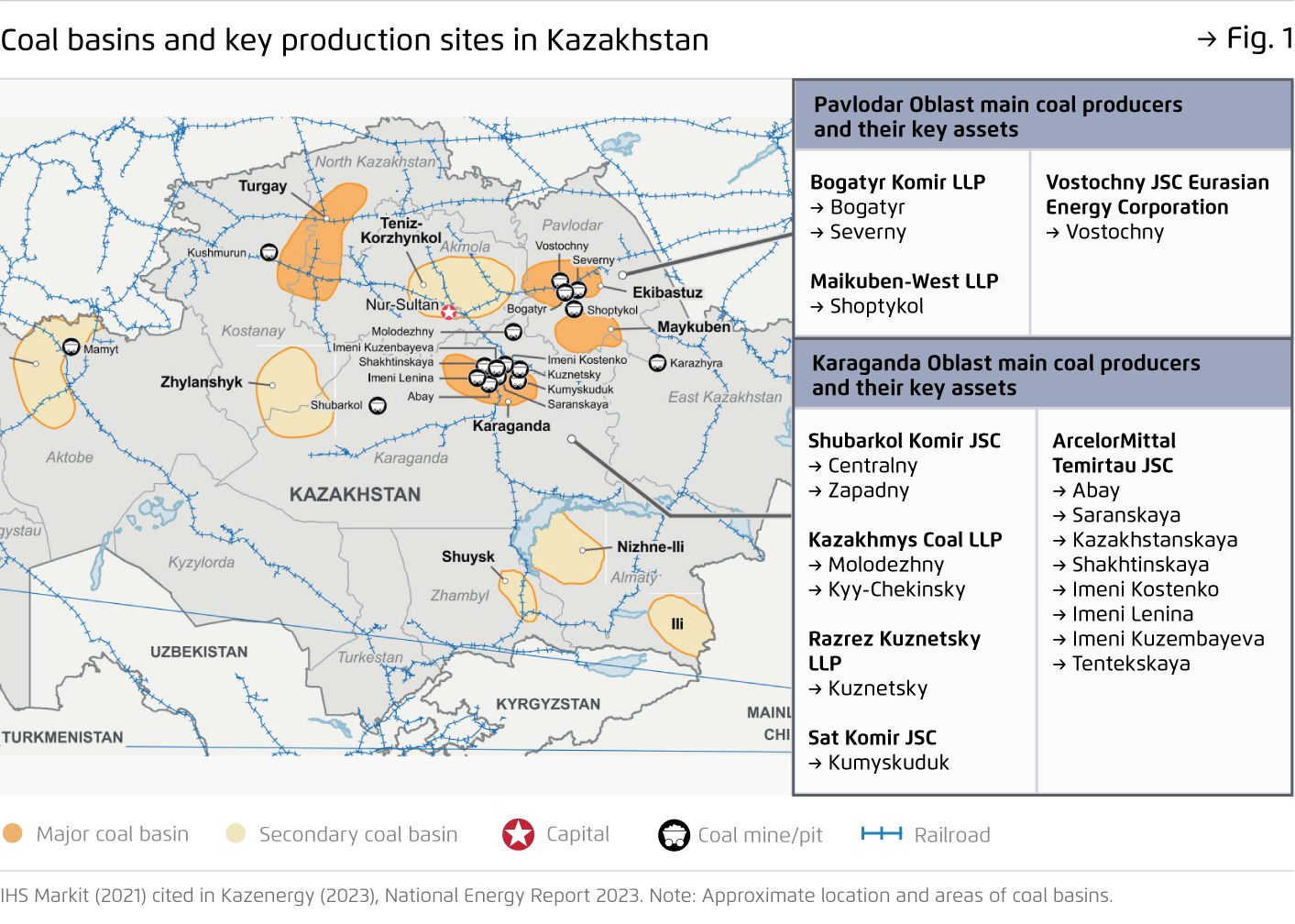
Coal mining and exports in Kazakhstan, all types of coal
Figure 2 from Enabling a just coal transition in Kazakhstan on page 9
